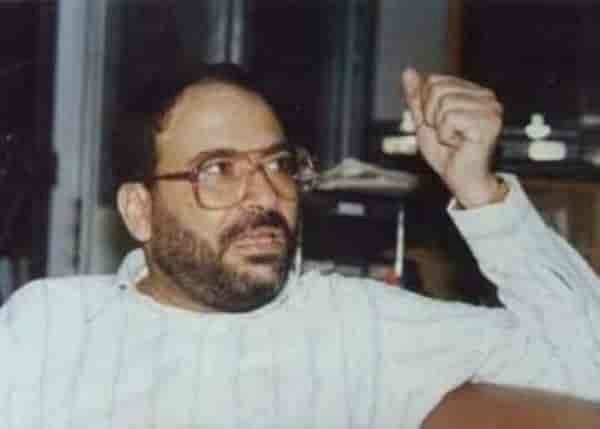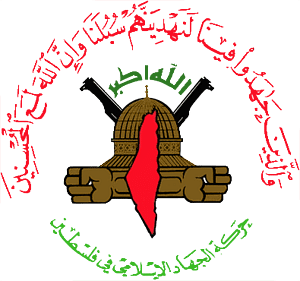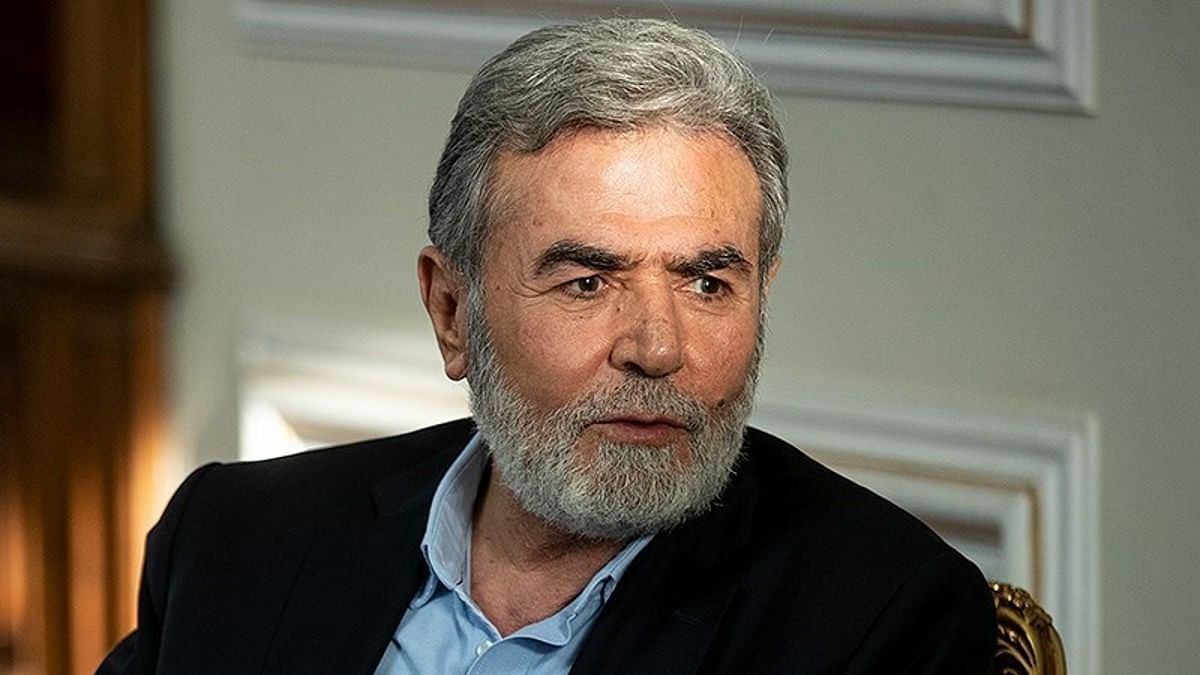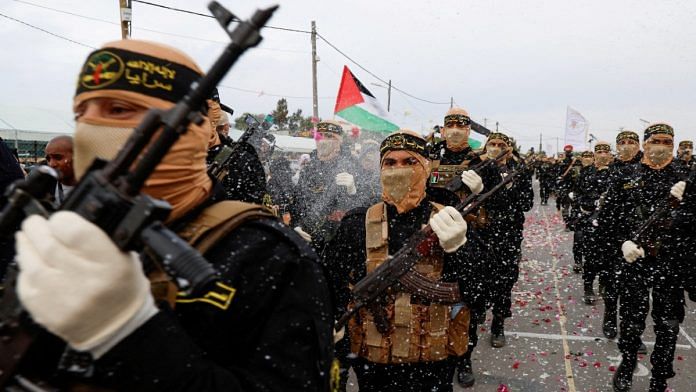New Delhi: In one of the worst tragedies in the ongoing conflict between Israel and Hamas in Gaza, a blast rocked the al-Ahli Arab hospital in the besieged strip Tuesday, killing at least 471 people, according to Palestinian authorities.
The Hamas-controlled health ministry in Gaza said the blast at the hospital was caused by an Israeli air strike — a claim the Israel Defence Forces (IDF) denied.
The IDF, in turn, alleged that the blast was the result of a “misfired” rocket launched by the Palestinian Islamic Jihad (PIJ), another militant group functioning in the Gaza Strip.
President Joe Biden of the US who arrived in Tel Aviv earlier Wednesday also supported the claim that the blast was caused by “the other team” — a reference to Palestinian militant groups — and not the Israeli forces. The Palestinian Islamic Jihad, who Israel blamed for the blast, is different from Hamas and in its early years even had differences with the latter. It is now considered by many to be the second largest militant group in Gaza.
A failed rocket launch by the Islamic Jihad terrorist organization hit the Al Ahli hospital in Gaza City.
IAF footage from the area around the hospital before and after the failed rocket launch by the Islamic Jihad terrorist organization: pic.twitter.com/AvCAkQULAf
— Israel Defense Forces (@IDF) October 18, 2023
Here, ThePrint explains the backstory, dissects the ideology and identifies key figures of the PIJ.
Also Read: Israel-Hamas war: What is Hezbollah & how it became ‘world’s most powerful armed non-state actor’
Fathi Al-Shiqaqi – founder of PIJ
Founded in 1981 by a group of Palestinian students who returned to Gaza from neighbouring Egypt, the genesis of the PIJ lies in the politics within both the Egyptian Muslim Brotherhood and its Palestinian arm.
Fathi Al-Shiqaqi, founder of the PIJ, was born in 1951 in a refugee camp at Rafah in the Gaza Strip. His family was expelled from Israel at the end of the first Arab-Israeli war (1948).
In 1974, Al-Shiqaqi moved to Egypt to study medicine, notes researcher Erik Skare in his book A History of Palestinian Islamic Jihad: Faith, Awareness and Revolution in the Middle-East.

It was here Al-Shiqaqi met those who would later form the nucleus of what would become the PIJ in 1981. He set up a study circle in his apartment in Zagazig, where Palestinian students would gather to discuss everything from politics, to religion, and philosophy, writes Skare.
Al-Shiqaqi’s political belief lay in the centrality of Palestine as a land blessed by God himself in the Quran, as well as the impression that the state of Israel was a product of Western colonialism. These ideas set the stage for PIJ’s firm belief at a theological level that every Muslim should engage in an armed struggle against Israel, Skare notes.
Return to Palestine & foundation of PIJ
Al-Shiqaqi and fellow PIJ founder Sheik Abd Al-Aziz Awda, along with the others, returned to Gaza in 1981. They then made attempts to convince the Palestinian Muslim Brotherhood under the control of Sheik Ahmed Yasin — who was to found Hamas later — to undertake an armed struggle against Israel.
In its early years, the Palestinian Muslim Brotherhood, as ThePrint reported earlier, focused on social work, more specifically, establishing schools and hospitals through the Palestinian territories. It was then at the margins of the resistance movement. Al-Shiqaqi and the PIJ nucleus found no support amongst the Palestinian Muslim Brotherhood and seceded to found their own armed militant group, Skare writes in his book.

In 1987, Yasin’s Muslim Brotherhood eventually evolved into the organisation today known as Hamas. However, in its early years (1981-1987), PIJ’s followers had stark ideological differences with those of the Muslim Brotherhood.
“In 1981, the young Palestinian preacher Abd al-Aziz Awda gave a sermon in the White Mosque of Beach camp, Gaza…As Awda left the mosque and approached his car with a small entourage of followers, he noticed that all the tires had been punctured. While his followers set out to find the perpetrator, Awda suspected it was someone from the Palestinian Muslim Brotherhood,” writes Skare in his book.
PIJ’s first military operations against Israel were undertaken in 1984 — a full five years before Hamas abducted and killed two Israeli soldiers in what is seen as its ‘first attack’ against Israel, according to Skare.
Foreign funding, rockets, armed resistance
The PIJ is designated as a foreign terrorist organisation by the US, Israel and the European Union (EU). According to the US National Counterterrorism Center (NCTC), PIJ is funded by “Iran, Syria and Lebanese Hizballah (Hezbollah)”. Most sources, according to the NCTC, peg the PIJ’s strength at roughly a thousand members.
In 2019 and 2020, the PIJ has been noted to launch its own rocket strikes against Israel, independent of Hamas.
The NCTC notes that in August 2022, PIJ launched “approximately 1,100 rockets at Israel in response to the death of one of its leaders, killing 15 Palestinians with errant rockets and causing a few injuries in Israel”. The PIJ and Israel later declared a ‘truce’.
The current leader or ‘secretary general’ of the militant outfit, Ziyad Al-Nakhalah, assumed the post in September 2018. The PIJ has no political arm, focusing solely on armed resistance, which highlights its divergence from Hamas.

Furthermore, it has been reported in the media that the outfit remains critical of the Palestinian Authority and the Palestinian Liberation Organisation (PLO), which govern the West Bank. However, as Skare notes, PIJ’s criticism against the PLO is longstanding — the organisation is ‘too secular and not enough of an Islamist organisation’ for the PIJ.
The Gaza hospital blast, for which Israel has blamed PIJ, came amidst an ongoing conflict between Hamas – the militant group in control of Gaza since 2007 – and Israel. Hamas launched an unprecedented aerial and ground attack against Israel on 7 October, that left at least 1,300 Israelis dead, over 3,200 injured and at least 199 captured.
According to the spokesperson for the UN High Commissioner for Human Rights, 4,200 Palestinians have died and “over one million people displaced in just 10 days” in the Gaza Strip as a result of Israel’s retaliatory offensive against Hamas.
(Edited by Amrtansh Arora)
Also Read: 2-state solution for Israel-Palestine: History of the idea, Netanyahu’s stance & India’s position



